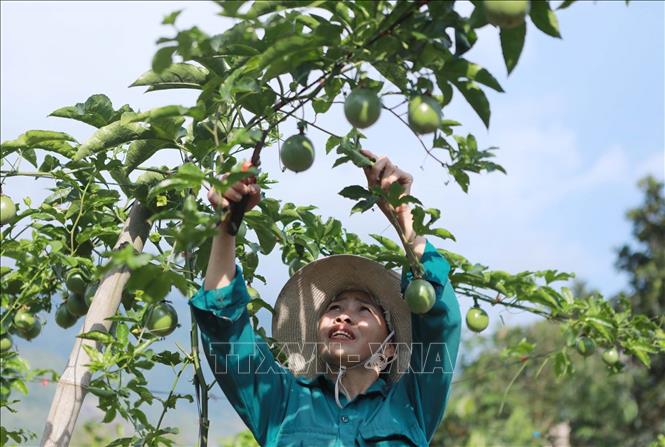 |
| People in Ho Thau commune (Tam Duong district, Lai Chau province) take care of passion fruit trees. Photo: Quy Trung/VNA |
In addition to the above 4 products, there are 8 items for which the two sides have signed a Protocol on plant and animal quarantine, including: coconut, watermelon, mangosteen, black jelly, durian, frozen durian, fresh banana and sweet potato. There are 6 types of fruits that are traditional products such as dragon fruit, rambutan, mango, lychee, longan and jackfruit that are being exported but have not been standardized by the Protocol.
As one of 12 Vietnamese enterprises that have been granted export codes for bird's nests to the Chinese market, Mr. Nguyen The Hoa, Deputy Director of Hai Yen Nha Trang Trading Company Limited, said: Compared to countries such as Malaysia or Indonesia - which have a solid position and many years of experience in this market, Vietnam is a "latecomer". This is still a relatively new market for Vietnamese bird's nest products, so deep penetration is not without difficulties. In addition, after the COVID-19 pandemic, purchasing power in China has decreased due to the impact of the economic recession.
However, Vietnam’s signing of the Protocol with China on exporting raw bird’s nests has opened up more opportunities for businesses. Currently, only Malaysia is allowed to export raw bird’s nests to China, while other countries are only allowed to export refined bird’s nests. This is an advantage for Vietnam to exploit and increase its competitiveness.
To seize this opportunity, Mr. Nguyen The Hoa said that businesses need to have close links with bird nest farming households to ensure input quality. Previously, many farmers often focused on quantity - how to attract more birds to make nests, but the quality of the nests was not guaranteed. Now, market trends force farmers to change their thinking, invest in clean, airy bird nest houses, ensuring biological conditions to improve the quality of bird nests.
“The quality of raw bird’s nests depends largely on the farming process. Therefore, to meet export requirements, businesses must cooperate and accompany farmers throughout the production process,” Mr. Nguyen The Hoa emphasized.
Mr. Le Thanh Dai, Chairman of the Vietnam Bird's Nest Association, said that China is currently the world's largest consumer of bird's nest, accounting for 80% of global output, with an estimated market size of up to 8 billion USD per year. This is also a market with very high requirements for product quality and standards.
However, Vietnamese bird's nest only accounts for about 0.8% of the export market share to China. This shows that the growth potential of the Vietnamese bird's nest industry is still very large, but also means that there is no small competitive pressure.
According to Mr. Le Thanh Dai, to penetrate and maintain its position in China, Vietnamese products not only need to meet strict technical standards, but also need to preserve and promote the unique flavor of Vietnamese bird's nest.
Faced with many limitations of the industry, Mr. Nguyen The Hoa hopes that state management agencies will support more actively in stages related to the regulations of the Protocol such as: testing farms, taking samples for testing... to facilitate businesses to speed up bringing products to market.
As for chili and passion fruit, previously exports were only in the pilot phase, businesses encountered many difficulties due to limited ports, a small number of units allowed to import and export, and complicated quarantine procedures. The transition to official channels helps to have more participating ports, increase flexibility, and attract more partners from China.
Ms. Nguyen Thi Lan Huong - Chairwoman of Viet Phuc Group shared: During the pilot phase, exports to China were only carried out through two border gates and only two Chinese units were licensed to import. This greatly limited the scale and number of transactions.
Once the Protocol is signed, the border gates will be open for export and all businesses on both sides will be able to participate. As a result, the number of businesses importing from China will also increase, creating great opportunities for Vietnamese goods to penetrate this market.
Ms. Nguyen Thi Lan Huong also shared that during the pilot export period, the regulations on quarantine and food safety between the two countries were strictly applied. Therefore, the signing of the Protocol is the next step to promote domestic production and create more favorable conditions for businesses in export activities.
However, it should be noted that China is tightening its regulations on quarantine and food safety, approaching demanding markets such as Japan or Korea. Therefore, businesses need to produce and do business in a methodical and professional manner to avoid negative impacts on the entire industry.
According to businesses, the demand for chili in China is currently very high. Vietnam is one of the main suppliers of this agricultural product to this market. With the characteristics of a short-term crop, chili offers great potential for expanding production. However, to ensure quality and maintain a sustainable market, growers need to strictly comply with regulations on the use of pesticides and safe production processes.
Therefore, strict compliance with the requirements of the Protocol such as growing area codes, packaging facility codes, periodic testing, etc. is mandatory. At the same time, businesses need to closely cooperate with producers to create a transparent and sustainable supply chain.
Mr. Nguyen Quang Hieu, Deputy Director of the Department of Crop Production and Plant Protection (Ministry of Agriculture and Environment) said that to seize opportunities and maintain the market, Vietnamese agricultural products need to continue to overcome weaknesses in uniformity and stability in quality and output. Enterprises and producers are forced to change their thinking, upgrade production and ensure quality throughout the chain.
Source: https://huengaynay.vn/kinh-te/co-hoi-lon-cho-nong-san-viet-nam-vao-thi-truong-ty-dan-153213.html






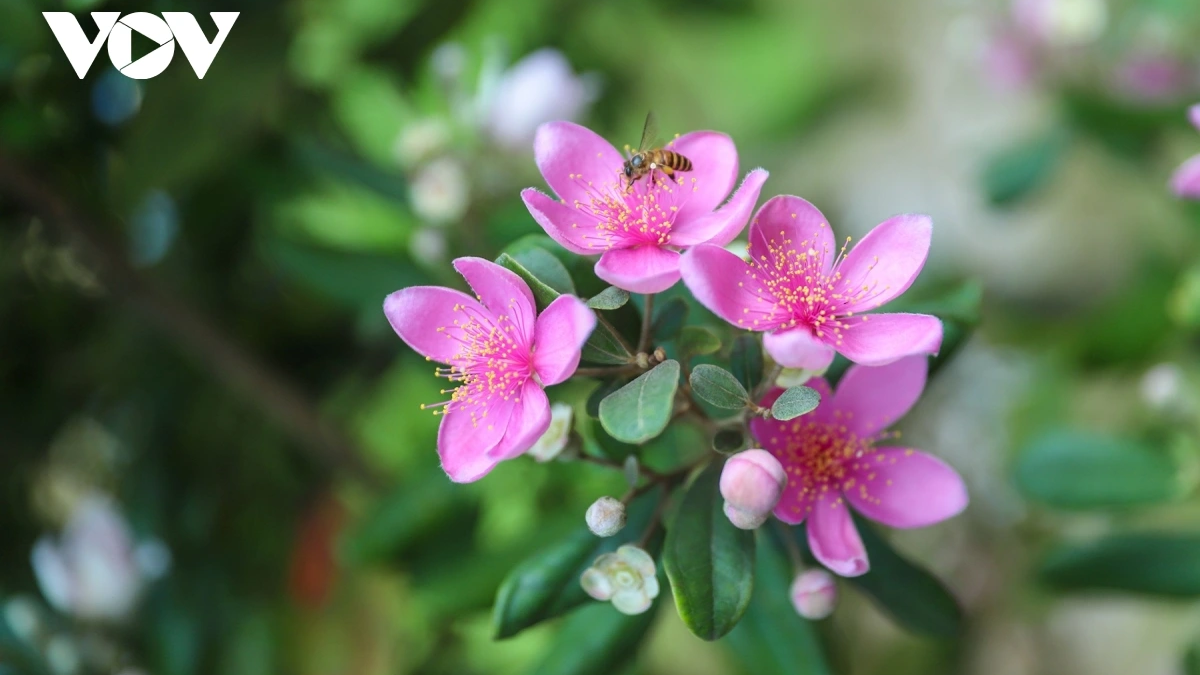



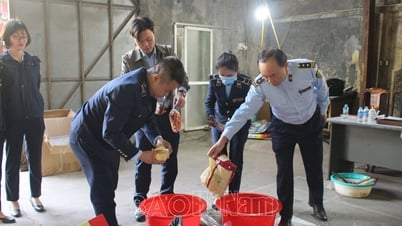











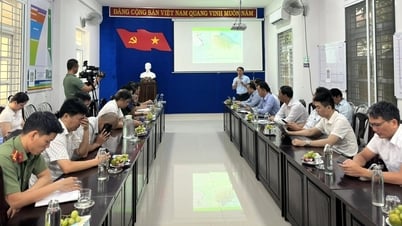




![[Photo] Prime Minister Pham Minh Chinh chairs a meeting on the implementation of the Lao Cai-Hanoi-Hai Phong railway project.](https://vphoto.vietnam.vn/thumb/1200x675/vietnam/resource/IMAGE/2025/5/20/0fa4c9864f63456ebc0eb504c09c7e26)


































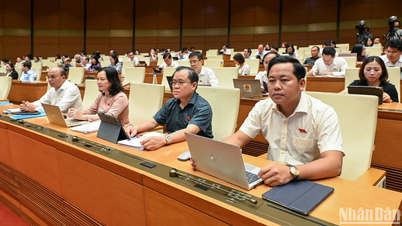












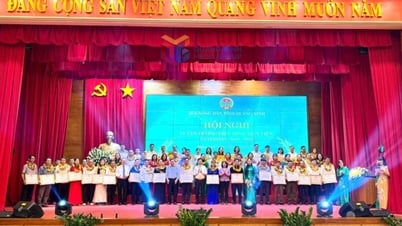

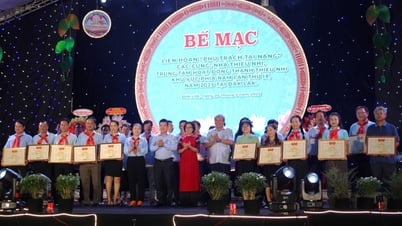














Comment (0)